A bottle of year-old wine is removed from the court, and the young son leads the clothes to comfort the screen.
Release time:
2024-01-01 16:30
Source:
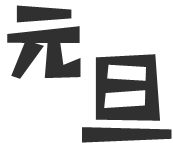
[A bottle of old wine is worshipped to the court, and the young child leads the clothes to comfort the screen]
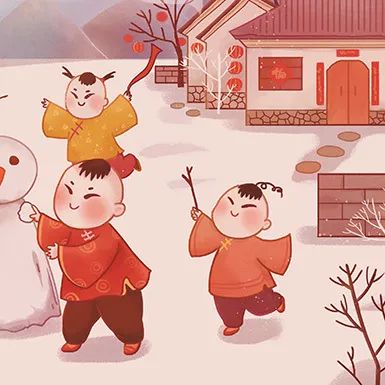
New Year's Day Interpretation
New Year's Day is the first day of January in the Gregorian calendar, and it is also the New Year in most countries in the world. In China, the "yuan" of "New Year's Day" refers to the beginning, which means the first. The beginning of the number is called "yuan". Jiang Ziya's master's name "Yuan Shi Tianzun" means this, indicating that he is the earliest god in Taoism. The word "Dan" is a pictographic character, the "day" above represents the sun, and the "one" below represents the horizon. "Dan" is the sun rising from the horizon, symbolizing the beginning of the day. Combining the two words "Yuan" and "Dan" is extended to the first day of the new year, which is the meaning of our new year's day.


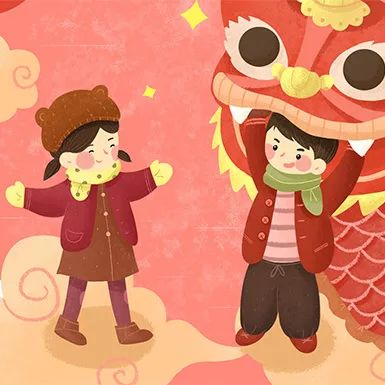
Origin of New Year's Day
Chinese New Year's Day, according to ancient legends, began with Zhuanxu, one of the three emperors and five emperors, has a history of more than 5,000 years. The earliest written word for New Year's Day appeared in the Book of Jin: "Emperor Zhuan took March in Meng Chun as the yuan, when it was the spring of New Year's Day".
The long origin has also brought many elegant names to New Year's Day. New Year's Day is called Yuan Day, Yuan Zheng, Yuan Chang, Yuan Shuo, Yuan Chen, Yuan Chun, Duan Day, Shangri, etc. For example, the famous poem "Yuan Day" by Wang Anshi in the Song Dynasty tells the scene of New Year's Day. However, in ancient times, New Year's Day was the first day of the lunar month, so it is not surprising that firecrackers and peach charms in the scene.


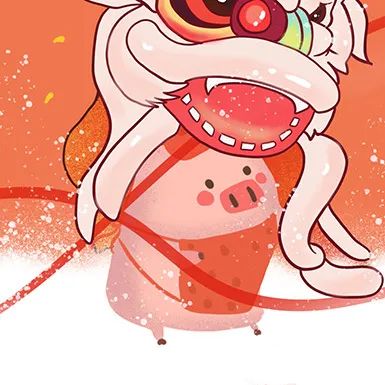
New Year's Day Evolution
How did the New Year's Day on the first day of the first lunar month in ancient times reach the first day of January in the Gregorian calendar today? The New Year's Day of the Gregorian calendar originated on January 13, 1912. Sun Yat-sen issued the Order of the Provisional President on Promulgating Almanacs, instructing the Ministry of Internal Affairs to compile and print new almanacs. Then it is stipulated that January 1 of the Gregorian calendar (Gregorian calendar) is "New Year", but it is not called "New Year's Day". On September 27, 1949, the first plenary session of the Chinese People's Political Consultative Conference passed the use of the AD Chronicle Law. So far, the New Year's Day we have now officially took shape and began to enter thousands of households.


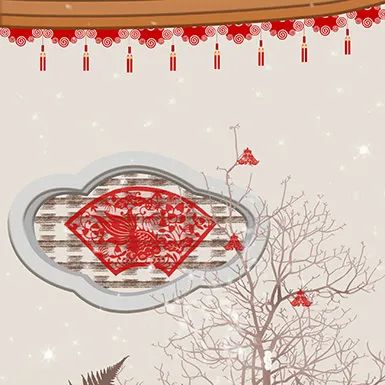
New Year's Day custom
All dynasties held activities such as celebrating ceremonies and praying for sacrifices on New Year's Day, such as offering sacrifices to gods and ancestors, writing Spring Festival couplets, writing blessings and dancing dragon lanterns. Folk people also gradually formed entertainment activities such as offering sacrifices to gods and Buddhas, offering sacrifices to ancestors, pasting Spring Festival couplets, setting off firecrackers, celebrating the year, eating reunion dinner and many "social fires". That is because the ancient New Year's Day is similar to the Spring Festival. In modern times, it is popular to send New Year cards and listen to New Year bells on New Year's Day in China. Tangyuan and dumplings are still the main food.


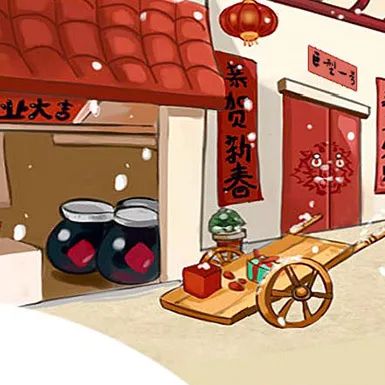
New Year's Day Food [Black Sesame Tangyuan]]
New Year's Day edible black sesame
Please look for the cui plate
Precise temperature control ripening
Gold Origin Harvest
Grain full
Oiliness
Delicious and healthy for you
Previous Page
Next Page
Related News
People's Daily highlights Cui Zipai small-grinding sesame oil's industry status! Five consecutive years of leading national sales!



